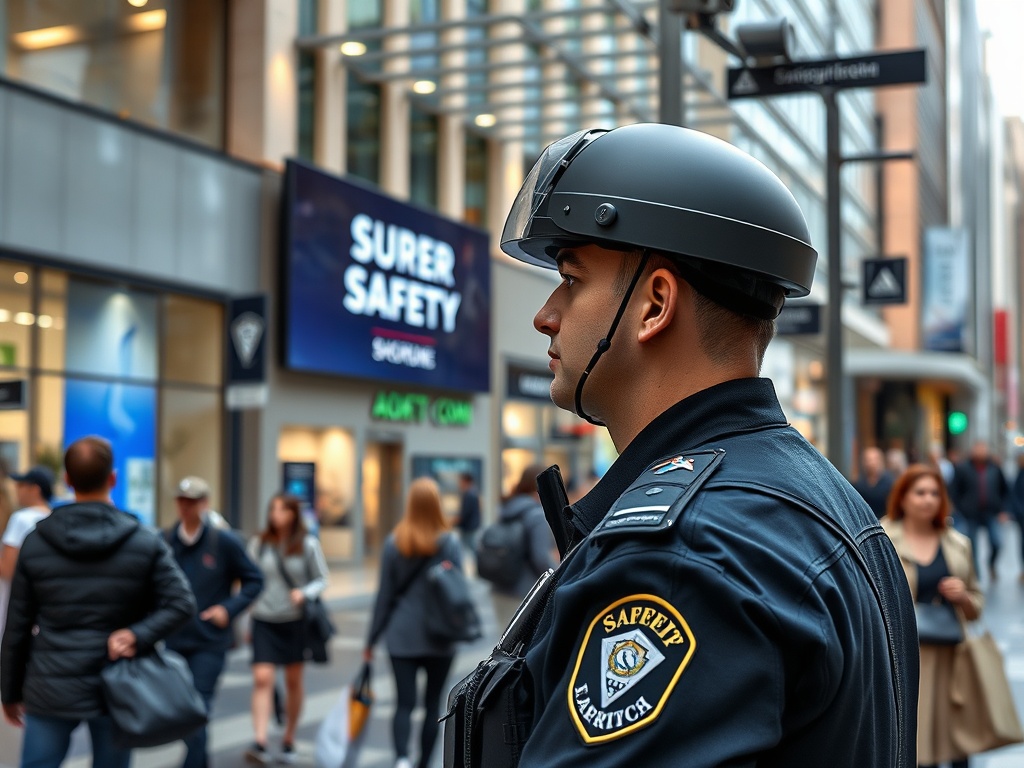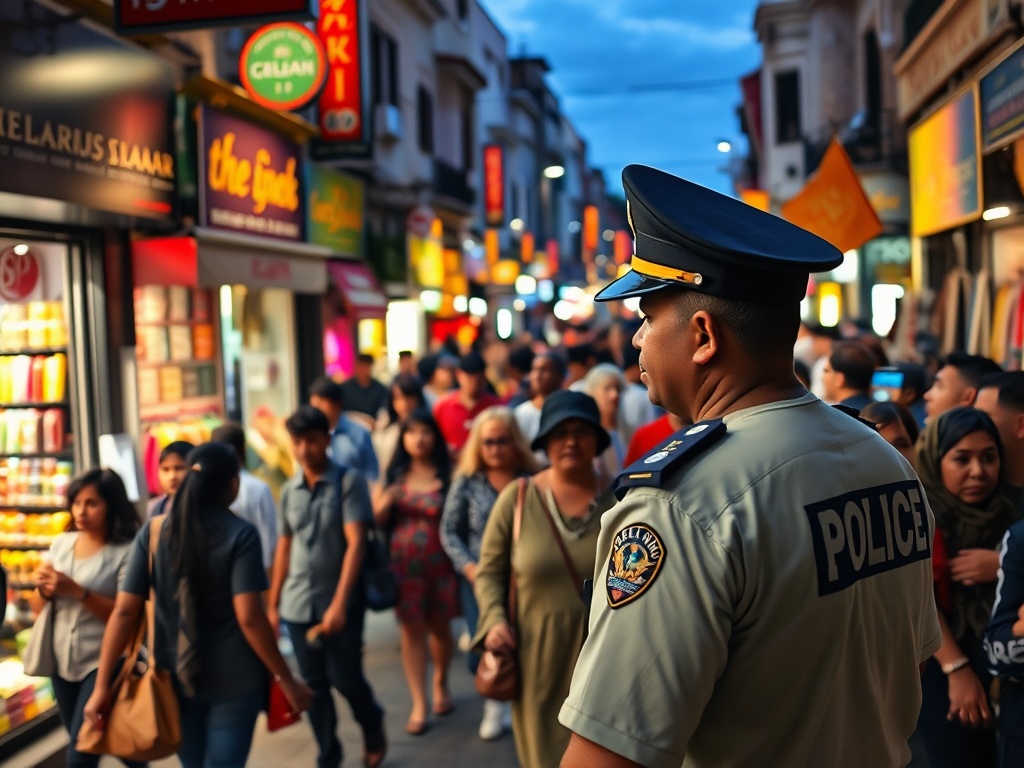New Police Powers to Combat Theft and High Street Crime

The government is poised to grant police enhanced powers to enter private residences in order to recover stolen items, such as mobile phones and bicycles, that have been tracked by their rightful owners using GPS technology. This initiative is part of a broader effort to address the rising tide of theft and high street crime, which officials argue have been overlooked in recent years.
Under the proposed legislation introduced in Parliament today, law enforcement officers will be authorized to enter a home without a warrant if the victim can demonstrate that GPS trackers—such as those typically found in smartphones—indicate that the stolen item is located within the premises. This law will also extend to other possessions that owners have equipped with tracking devices, including bicycles and agricultural machinery.
Previously, officers were required to obtain a warrant before entering a residence, but the new regulations will streamline this process. Now, if police have reasonable grounds to believe that a stolen item is present and the decision has been approved by an officer at the inspector level, they can enter the property without delay. The Home Office asserts that this change will expedite investigations and enhance the likelihood of recovering stolen goods, particularly mobile phones that are often snatched from victims.
Victims of theft have expressed frustration in the past when they could pinpoint the location of their stolen devices via GPS tracking, only to be informed by police that there was little they could do to intervene. In response to concerns about potential resource strains on police forces, the government has maintained that these changes were developed in consultation with law enforcement organizations.
In conjunction with these new powers, the government has committed to hiring an additional 13,000 officers focused on neighborhood policing, ensuring that every community has a designated officer by the end of this parliamentary term.
The proposed legislative changes are part of a comprehensive package aimed at reforming laws to tackle not only theft and anti-social behavior but also serious violent and sexual offenses. Officials expect that this legislation will be enacted by the end of the year.
Home Secretary Yvette Cooper stated, “In recent years, our towns and cities have witnessed a surge in street theft, with organized gangs increasingly targeting mobile phones. It is incredibly frustrating for victims when they can see the exact location of their stolen device, yet nothing is done about it. We are committed to empowering the police with the necessary authority to act swiftly against these crimes that are adversely affecting our communities.”
The Crime and Policing Bill carries forward initiatives initiated by the previous government, including prohibiting protesters from climbing on designated war memorials and granting police the authority to require individuals to remove face coverings. Government sources also emphasize a renewed focus on crimes that they believe were previously dismissed as low-level under the prior administration.
According to one government insider, Cooper is prioritizing efforts to address “the most serious crimes,” which encompass violence against women and girls, terrorism, knife crime, and child sexual exploitation.
- In addition to these measures, the bill aims to:
- Tighten penalties for shop theft involving goods valued at less than £200.
- Introduce enhanced protections for retail workers who fall victim to assaults.
- Transform Respect Orders into a new version of the anti-social behaviour order (ASBO), empowering police to ban nuisance vehicles such as off-road bikes and e-scooters from pavements.
- Strengthen stalking and spiking laws as part of the initiative to combat violence against women and girls.
- Implement recommendations from the Independent Inquiry into Child Sexual Abuse.
- Enact public order offenses that prohibit climbing on specified war memorials and wearing face coverings to conceal identity at designated protests.
The government has also announced anti-knife crime measures aimed at regulating knife sales and addressing the use of artificial intelligence in the dissemination of online child sexual abuse content. While acknowledging that these changes could lead to a temporary increase in the prison population amidst existing cell shortages, sources argue that a focus on early intervention and preventive measures will ultimately reduce the number of offenders serving lengthy sentences.




